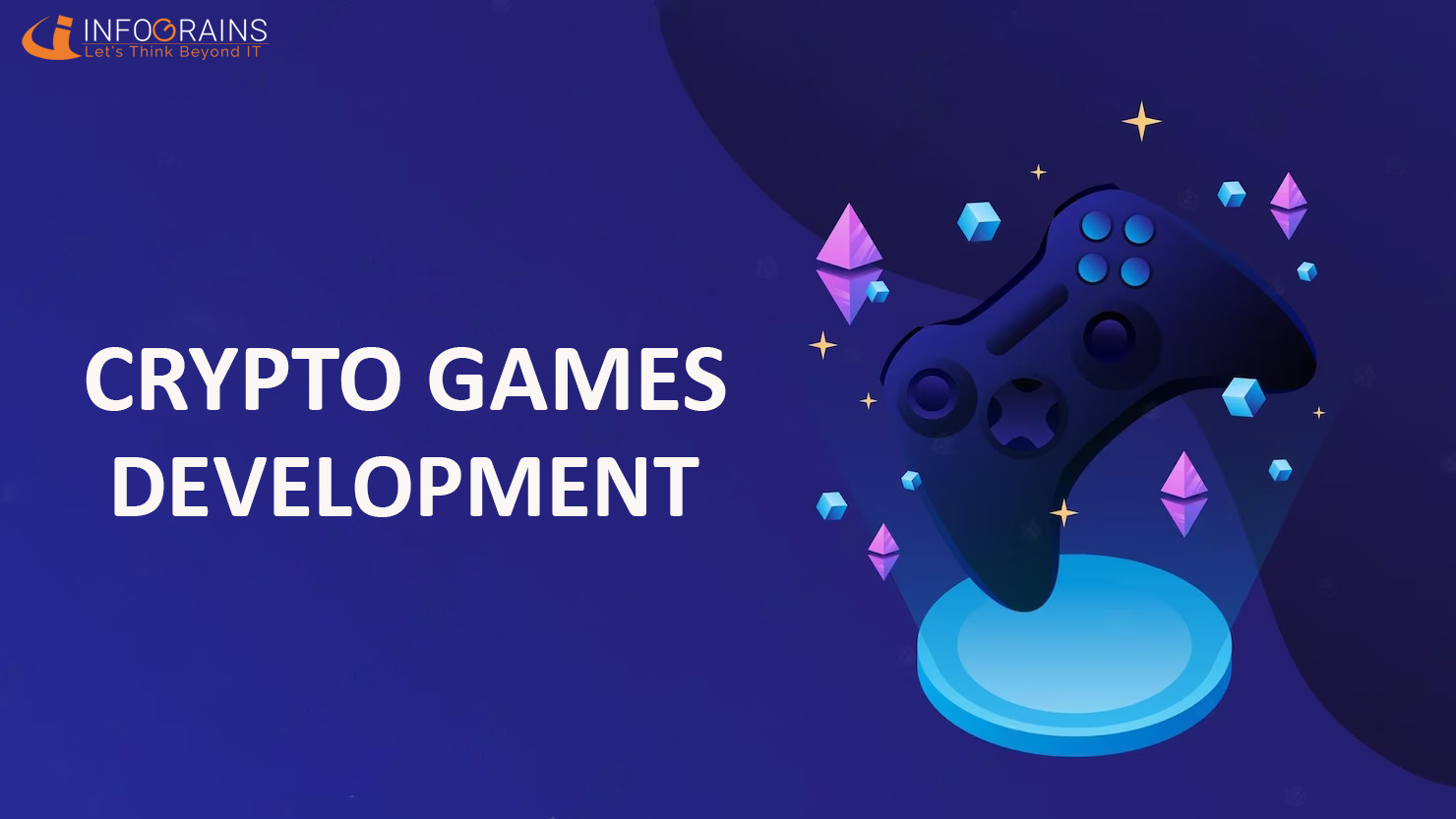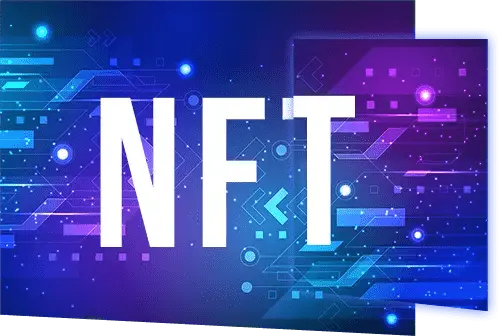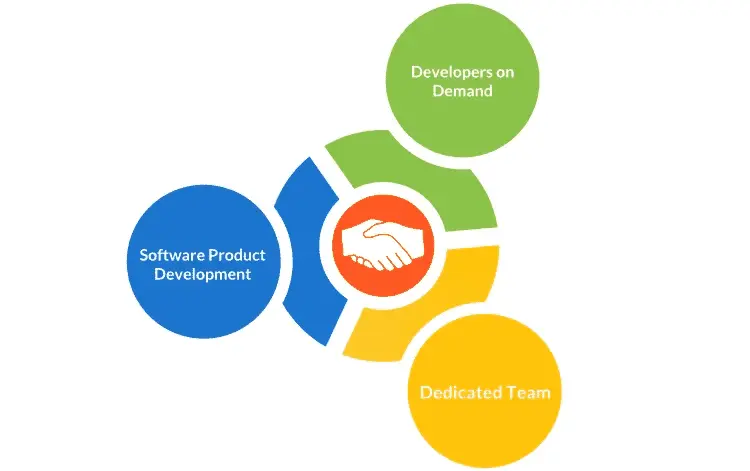- Services
- Hire Developer
- Our Products
- Insights
- Our Company
Crypto Games - The Next Big Thing In Gaming

Crypto games have become an attractive prospect for both players and developers. By taking advantage of smart contracts, Non-fungible tokens (NFTs), and play-to-earn economies, these games can provide an incredibly rewarding experience. Crypto game development has effectively blurred the line between work and rest, offering a potentially lucrative activity to engage in during the pastime. According to the most recent statistics, the value of the cryptocurrency gaming market is expected to reach approximately $20 billion in 2023. This significant expansion is attributed to the increasing use of blockchain technology and the ever-growing desire for immersive and engaging experiences.
The Impact Of Crypto Games On the Gaming Industry in 2023
In-Game Economy: Crypto games introduce ownership and value to in-game assets. A player-driven economy is encouraged through these games, as players can trade assets within the game or even outside of it. These games incentivize players to invest their time and resources into the game, leading to a more immersive and rewarding experience.
Community Building: Players can become more deeply involved in the game's ecosystem. By actively participating in decision-making processes, they can gain a sense of ownership over their experience. This strengthens the relationship between players and developers, allowing them to work together and build a thriving, collaborative ecosystem.
Monetization Opportunities: Developers can sell in-game assets as NFTs. Crypto games open up new avenues for innovative business models. Artists and Content creators can earn passive income by designing and selling unique in-game items or by providing services within the crypto game ecosystem.
Bridging the Gap Between Gaming and Defi: The combination of crypto games andDeficreates a synergy, expanding the possibilities for attracting new audiences. Some crypto games allow players to stake their in-game assets as collateral and earn yield from staked assets.
Fostering Innovation: Developers continually strive to explore new game mechanics and create immersive virtual worlds. By pushing the boundaries of what is possible in gaming, they provide experiences like never before. This has further strengthened the ability to securely trade and transfer digital assets across different crypto games, leading to the development of cross-game experiences and collaborations.
Fair and Transparent Gaming Environment: Crypto games provide a more equitable and open structure for gamers. Incentives and rewards are awarded solely based on an individual's in-game skills and aptitudes. These games offer a more impartial system than traditional gaming platforms, where rewards are often based on luck or other external influences.
ALSO READ: From Play to Profit - Exploring P2E Game Development
How Do Crypto Games Work?
Blockchain technology lays the foundation forcrypto games. It can store and verify in-game transactions and information about asset ownership. Each asset has distinct ownership and properties. The ownership is secured by cryptographic keys, allowing players to transfer, trade and sell their assets outside the game environment. These games often feature decentralized marketplaces. Players can interact with these marketplaces to discover, acquire and exchange assets with other players. Crypto games incorporate smart contracts to automate various aspects of the game, such as the transfer of assets, distribution of rewards, and enforcement of game rules.
Challenges
Scalability: Blockchain networks heavily rely on many nodes to process transactions and store data. This can be a major issue for gamers who need fast response time and low costs. Existing blockchain scalability limitations make it difficult to build a crypto game through this method because video games often have computation and latency requirements.
Smart Contracts: Implementing smart contracts for crypto games requires technical expertise. The process can be time-consuming and expensive as well. These contracts should handle complex game mechanics and ensure fairness and security.
Integration with existing game engines: Integrating blockchain technology with existing game engines can be challenging and require significant modifications to the game's codebase. The integration can increase development costs and time.
Bottom Line
It is without a doubt that gaming is one of the most promising applications of blockchain technology. With the global gaming industry amounting to $190 billion, crypto games are quickly becoming a highly sought-after investment for 2023. This potential to disrupt the industry is what makes them so attractive. Here at Infograins, we understand the importance of crypto games development and offer comprehensive development services to help your gaming business reach new heights.
 info@infograins.com
info@infograins.com




















